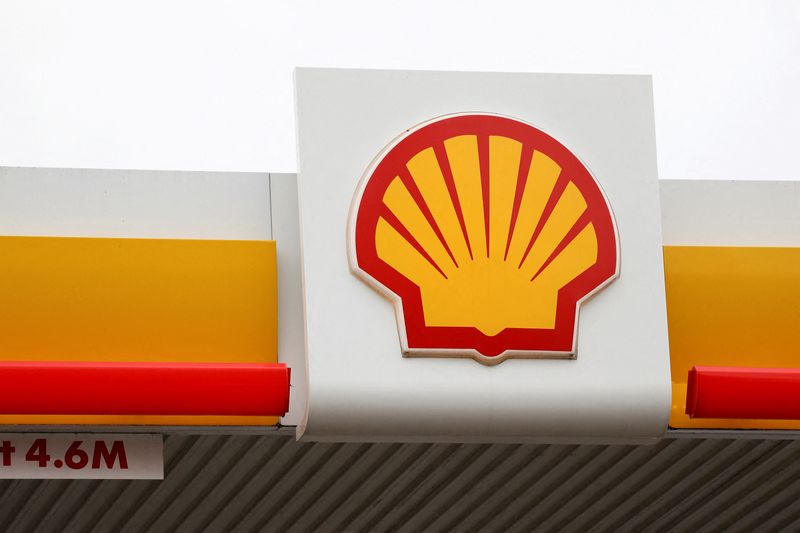Adam Wingfield
5 min read
As your trucking business starts to scale beyond that first truck, this question shows up fast—should you stay running under your own authority, or lease onto someone else’s? It’s tempting to chase what looks easier. It’s tempting to let someone else handle the backend while you just drive or manage. But the truth is, how you answer this question will either move you closer to real business ownership—or pull you into someone else’s system where your growth gets capped. Too many small fleet owners get stuck here because they don’t have the right information, or they’re making panic moves during a rough season. So let’s break it down from a real-world perspective—no fluff, just tactical insight.
Leasing puts your truck under another carrier’s DOT authority. They handle insurance, compliance, and sometimes dispatch. You pay them a cut—usually 15 to 30 percent of your gross revenue. You keep your equipment and your driver, but they control the loads, the customer relationships, and the paperwork.
It sounds good if you’re tired of doing it all yourself. But you’ve got to ask the right questions. Who owns the customer relationships? Who sets the rates? What happens if their freight dries up or their safety rating tanks?
Leasing one might solve short-term pain. But if you’re serious about building a company, you need to weigh the long-term cost of giving up control.
There are moments where leasing makes sense. Not forever, but for a season:
-
You’re brand new. If you just got your authority or you’re trying to learn the ropes, leasing on can buy you time to build cash flow and experience. But use that time to learn the business—not get comfortable.
-
You can’t get affordable insurance. Some new authorities get quoted sky-high premiums. Leasing on can be a stopgap while you build time in the industry and stack some reserves.
-
You’re completely burned out. If the back-office work is crushing you and you don’t have help, leasing on can buy you breathing room. But again—use that time to restructure, not to stall.
Just don’t confuse leasing with building a business. You’re leasing someone else’s infrastructure. Their customers. Their brand. You’re giving up leverage—and when you want to take it back, it’ll cost you.
Running under your own authority means owning every part of the business. You control the freight. You handle insurance, safety, compliance, billing, and customer relationships. It’s more responsibility—but it’s also more leverage.













